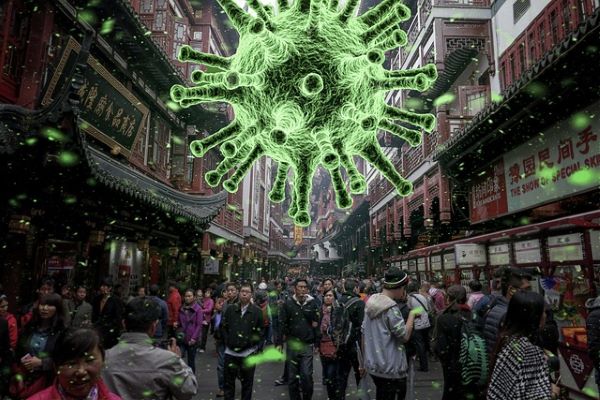The 2020 Nobel Prize in Physiology or Medicine was awarded jointly to Harvey J. Alter, Michael Houghton, and Charles M. Rice for their pivotal discovery of the Hepatitis C virus. This groundbreaking work has significantly advanced the understanding of viral hepatitis and transformed the landscape of blood safety and treatment.
Also, read: Now Know The Nobel Prize in Physiology or Medicine 2021: David Julius and Ardem Patapoutian
The Discovery: Hepatitis C Virus
The story of the Hepatitis C virus (HCV) began in the 1970s and 1980s when scientists were trying to identify the cause of post-transfusion hepatitis, a serious liver disease that was not attributable to hepatitis A or B.
Harvey J. Alter– Nobel Prize in Physiology or Medicine 2020
Harvey J. Alter’s research at the National Institutes of Health (NIH) focused on the identification of blood-borne viruses. He was instrumental in demonstrating that there was a virus responsible for transfusion-associated hepatitis that was distinct from known viruses. (Source)
Michael Houghton– Nobel Prize in Physiology or Medicine 2020
Michael Houghton, working at Chiron Corporation, collaborated with Alter to isolate the genetic material of the new virus. His team’s innovative use of molecular cloning techniques enabled them to identify the HCV genome, marking a crucial step in understanding the virus. (Source)
Charles M. Rice– Nobel Prize in Physiology or Medicine 2020
Charles M. Rice further advanced the discovery by demonstrating that the cloned RNA from HCV was infectious when introduced into chimpanzees. This work confirmed that the identified virus was indeed responsible for hepatitis C. (Source)
Roles and Contributions
- Harvey J. Alter: His dedication to studying hepatitis led to the initial identification of HCV and its significance in transfusion safety.
- Michael Houghton: His expertise in molecular biology and virology was crucial in isolating the HCV genome, paving the way for diagnostic tests.
- Charles M. Rice: His research on the virus’s infectivity provided definitive proof of HCV’s role in hepatitis, facilitating further studies and treatments. (Source)
Significance and Potential Impact– Nobel Prize in Physiology or Medicine 2020
- Improved Blood Safety
The discovery of HCV has led to the development of blood screening tests, significantly reducing the risk of transmission through blood transfusions. - Advancements in Treatment
The identification of HCV has spurred research into antiviral therapies, leading to the development of direct-acting antiviral agents that can cure hepatitis C. - Global Health
Understanding hepatitis C has implications for public health policies and strategies aimed at preventing liver disease and its complications worldwide. - Impact on Hepatitis Research
The work of Alter, Houghton, and Rice has opened new avenues for research into other viruses and liver diseases, fostering a better understanding of viral pathogenesis. (Source)
Legacy and Future Research
The Nobel Prize awarded to Alter, Houghton, and Rice not only recognizes their individual contributions but also highlights the collaborative nature of scientific discovery. Their work has laid the foundation for ongoing research into viral hepatitis and other infectious diseases. Future studies may focus on vaccine development and novel treatments, further improving global health outcomes.
Conclusion
The 2020 Nobel Prize in Physiology or Medicine awarded to Harvey J. Alter, Michael Houghton, and Charles M. Rice marks a landmark achievement in the field of virology and infectious diseases. Their discovery of the Hepatitis C virus has transformed blood safety, advanced treatment options, and significantly impacted global health initiatives. Their legacy continues to inspire ongoing research and innovation in the fight against viral hepatitis and related diseases.





